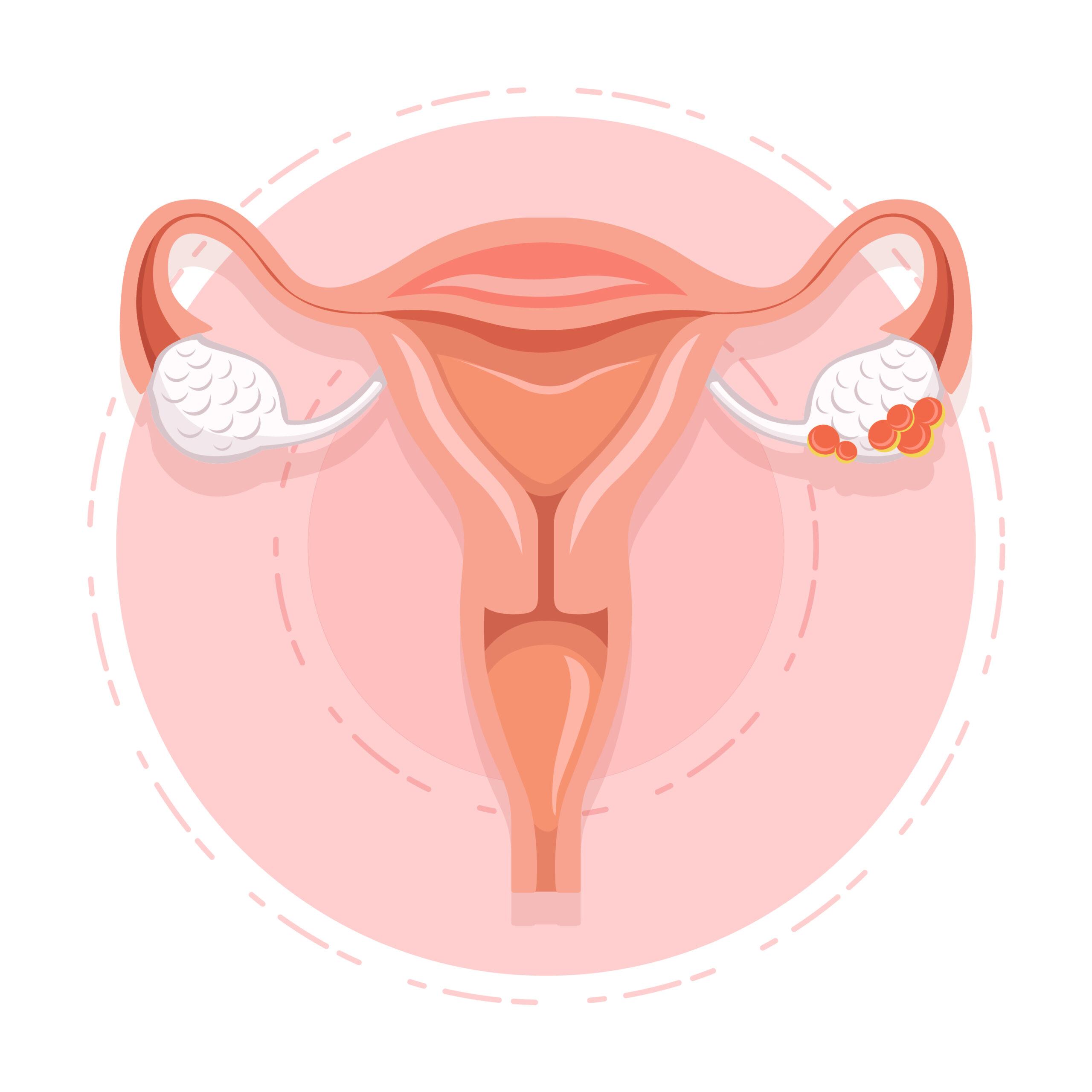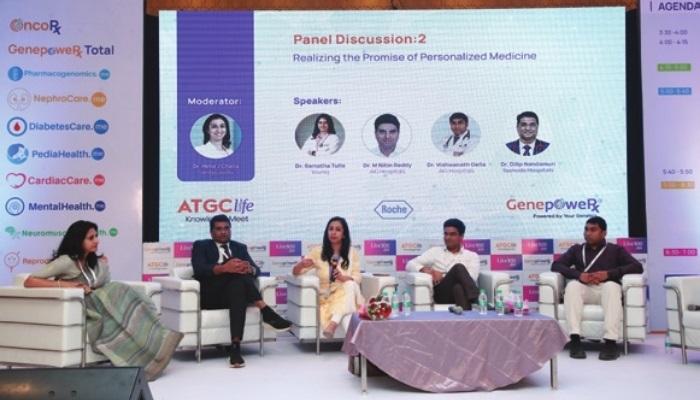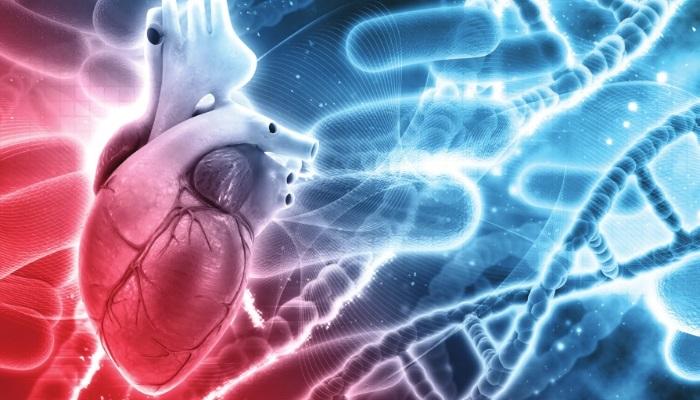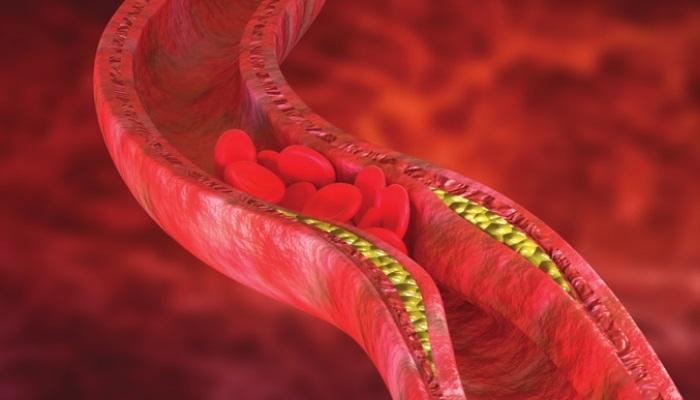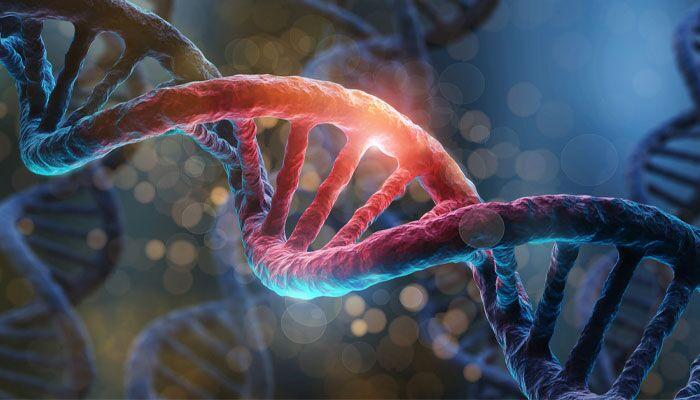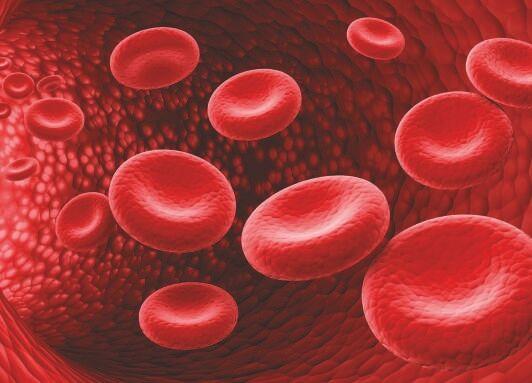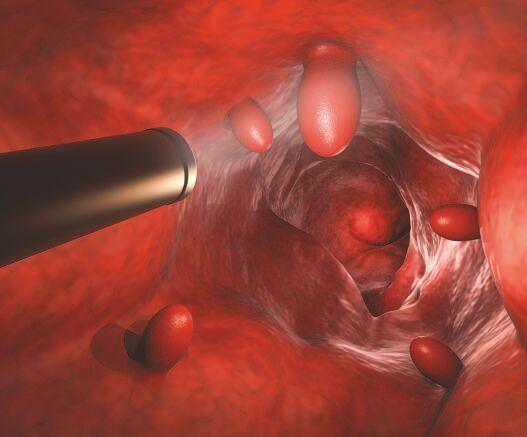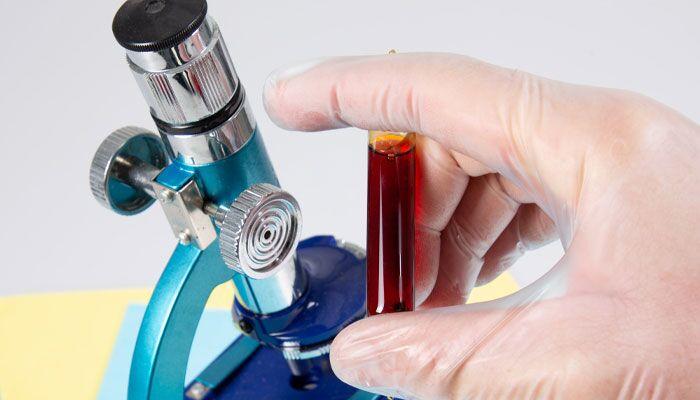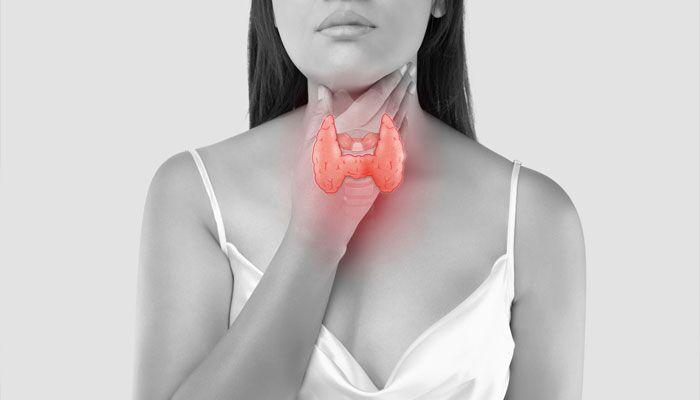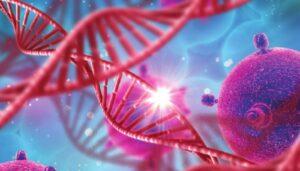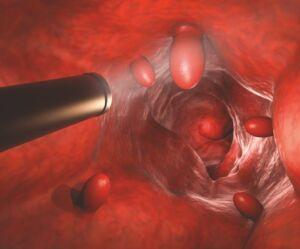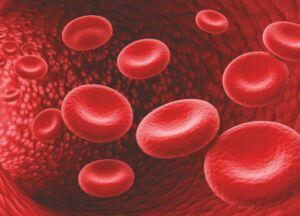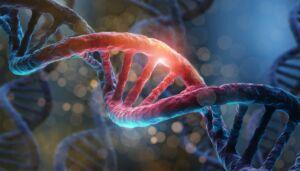
Genetic Factors impacting Nutrition Disorders in Women

The World Health Organization (WHO) estimates that more than two billion people in the world are deficient in essential nutrients, such as vitamin A, and iron. Naturally occurring genetic variations in humans cause specific nutritional disorders; the genetic variants that result in serious metabolic illness are rare, and the variability of enzyme levels within the normal range in a population often has a genetic basis. For example, Folate deficiency is associated with high blood pressure and the risk of miscarriage in pregnant women. Vitamin A deficiency is associated with type II diabetes and polycystic ovaries in women. The activity of a given enzyme in a normal population is dependent on the characteristics of its underlying allele. Every genetic system has a different evolutionary background and needs to be investigated separately.
Some of the common genetically determined variations in nutrient metabolism are mentioned below.
Folate deficiency associated with miscarriage and vascular disease
MTFHR (Methylenetetrahydrofolate reductase) enzyme uses folate (Vitamin B9) for the conversion of the amino acid homocysteine to the amino acid methionine, which is required to produce proteins and other compounds. Homocysteine can accumulate because of variants in MTHFR. Genetic mutations in MTFHR or folate deficiency can lead to an increased risk of neural tube defects, vascular disease, high blood pressure, and miscarriage in pregnancy. The polymorphisms in the MTHFR gene, especially C677T, have also been associated with various diseases, including cardiovascular diseases, cancer, inflammatory conditions, and diabetes.
Vitamin B12 deficiency associated with Alzheimer’s disease and miscarriage
A carrier protein called TCN2 (Transcobalamin 2) helps deliver vitamin B12 to tissues. A complete deficiency of transcobalamin is a rare cause of vitamin B12 deficiency. However, genetically determined variations in transcobalamin are very common and can influence vitamin B12 delivery to the tissues.
The TCN2 776C → G polymorphism is associated with Alzheimer’s disease and the clinical manifestation of autoimmune gastritis in individuals with a vitamin B12 deficiency. In some individuals the TCN2 GG phenotype is associated with an increased risk of miscarriage.
Vitamin D receptor mutations associated with osteoporosis
Genetic mutations TaqI (rs731236) and ApaI (rs7975232) in the vitamin D receptor (VDR) increase the risk of osteoporosis in women. Other genetic variations in the vitamin D-binding protein and the calcium channel/transporter gene (TRPV6) may also influence calcium balance.
The absence of Retinol Binding Protein 4 associated with type II diabetes
Vitamin A (Retinol) is transported from the liver to peripheral tissues by a carrier protein, RBP4 (Retinol Binding Protein 4). The absence of this carrier protein results in vitamin A deficiency. Genetic variants in this protein being produced in excess by abdominal fat cells result in high levels of RBP4, increasing the risk of type II diabetes, polycystic ovaries in women, and diabetic nephropathy.
Faulty HFE gene causes haemochromatosis
Haemochromatosis is caused by a faulty HFE gene, which leads to increased absorption of iron from food. The body is unable to excrete the excess iron accumulated over the years, leading to diseases such as liver disease, fatigue, arthritis, and type II diabetes. Women are more likely to develop symptoms after menopause because they no longer lose iron with menstruation and pregnancy. Haemochromatosis is more common in those presenting with liver disease as well as Type II diabetes.
Variations in the enzyme PEMT are associated with muscle and liver disease
Phosphatidylethanolamine N-methyltransferase (PEMT) is a transferase enzyme that converts phosphatidylethanolamine (PE) to phosphatidylcholine (PC) in the liver. This enzyme is involved in the CDP-choline pathway, in which choline obtained either by dietary consumption or by the metabolism of choline-containing lipids is converted to PC.
Variations in the enzyme phosphatidylethanolamine N-methyltransferase (G744C) in predisposed adults, when placed on a low choline diet, resulted in mild elevations in the muscle enzyme CPK and the liver enzyme ALT; therefore, these variations may influence predisposition to liver and muscle disease. Women may be at increased risk for liver disease risk after menopause due to the loss of the beneficial effect of estrogen upon choline-metabolizing enzymes.
Most chronic diseases whose etiology and pathogenesis are influenced by nutritional factors have genetic determinants. Identification of susceptible genotypes by appropriate genetic tests leads to the emergence of nutrigenomics and nutrigenetics. Nutrigenomics and nutrigenetics applications reveal new interactions between nutrients and genes, facilitating diagnostic tests involving genes responsible for diabetes, high blood pressure, and cardiovascular diseases. These genetic tests help to differentiate and manage individuals with specific nutrients to improve their health.
References
- Genetic Variations in Nutrient Metabolism. stewartnutrition.co.uk. http://www.stewartnutrition.co.uk/nutritional_assesment/genetic_variations_in_nutrient_metabolism.html.
- Raghubeer, S., & Matsha, T. E. (2021). Methylenetetrahydrofolate (MTHFR), the One-Carbon Cycle, and Cardiovascular Risks. Nutrients, 13(12), 4562. https://www.ncbi.nlm.nih.gov/pmc/articles/PMC8703276/.
- Surendran, S., Adaikalakoteswari, A., Saravanan, P., et al. (2018). An update on vitamin B12-related gene polymorphisms and B12 status. Genes & nutrition, 13, 2. https://pubmed.ncbi.nlm.nih.gov/29445423/.
- Banjabi, A. A., Al-Ghafari, A. B., Kumosani, et al. (2020). Genetic influence of vitamin D receptor gene polymorphisms on osteoporosis risk. https://www.ncbi.nlm.nih.gov/pmc/articles/PMC7346971/.
- Lee, J. W., Im, J. A., Lee, H. R., Shim, J. Y., Youn, B. S., & Lee, D. C. (2007). Visceral adiposity is associated with serum retinol binding protein-4 levels in healthy women. Obesity (Silver Spring, Md.), 15(9), 2225–2232. https://pubmed.ncbi.nlm.nih.gov/17890490/.
- Brissot, P., Pietrangelo, A., Adams, P. C., de Graaff, B., McLaren, C. E., & Loréal, O. (2018). Haemochromatosis. Nature reviews. Disease primers, 4, 18016. https://www.ncbi.nlm.nih.gov/pmc/articles/PMC7775623/.
- Ivanov, A., Nash-Barboza, S., Hinkis, S., & Caudill, M. A. (2009). Genetic variants in phosphatidylethanolamine N-methyltransferase and methylenetetrahydrofolate dehydrogenase influence biomarkers of choline metabolism when folate intake is restricted. Journal of the American Dietetic Association, 109(2), 313–318. https://pubmed.ncbi.nlm.nih.gov/19167960/.










